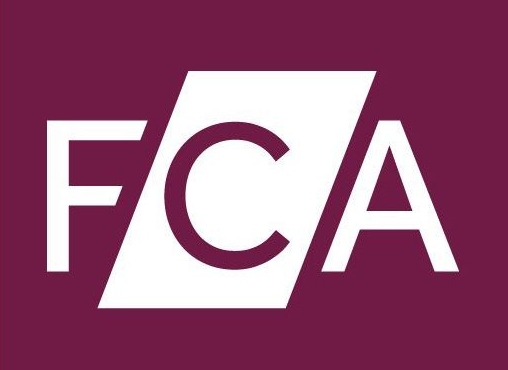
The Association of Short Term Lenders has joined a wave of industry bodies who want to stop the City regulator from ‘naming and shaming’ firms under investigation and have voiced their protest to Chancellor Jeremy Hunt.
The Financial Conduct Authority said it planned to identify firms at the start of an investigation because it is in the public interest to do so in a consultation paper in February.
It set out the controversial proposals in its ‘Our Enforcement Guide and publicising enforcement investigations – a new approach’ document, adding that it would give firms under investigation 24 hours’ notice that it would make its probe public.
However, 16 finance trade bodies — including UK Finance, The Investment Association and TheCityUK — have written to the Chancellor asking him to block the move.
“There has been a considerable reaction against the proposals from across the financial services industry,” says the letter dated 26 April but published today.
It adds: “Firms believe that the proposals will have a negative impact on their valuation, could put at risk the wellbeing of individuals, and have the potential to destabilise financial markets.”
The finance bodies add the move by the watchdog “took the industry by surprise” as it had not been previously raised by the regulator, adding that “the FCA has underestimated the extent and the probability of the proposals having a negative impact”.
The letter tells the Chancellor, “we strongly urge that the FCA does not proceed with their proposals as outlined”.
The FCA has defended the measure as a further move towards accountability and transparency across the financial services sector.
But Association of Short Term Lenders chief executive Vic Jannels says: “It’s often the case that an FCA investigation results in the regulator finding nothing untoward with the firm that it is investigating.
“However, if that firm is named at the outset, it will undoubtedly suffer reputational, and probable commercial, damage while the investigation is taking place and possibly beyond even if it results in no disciplinary action.
“This is a guilty until proven innocent approach that would significantly negatively impact investigated financial services providers and ultimately their customers.”



